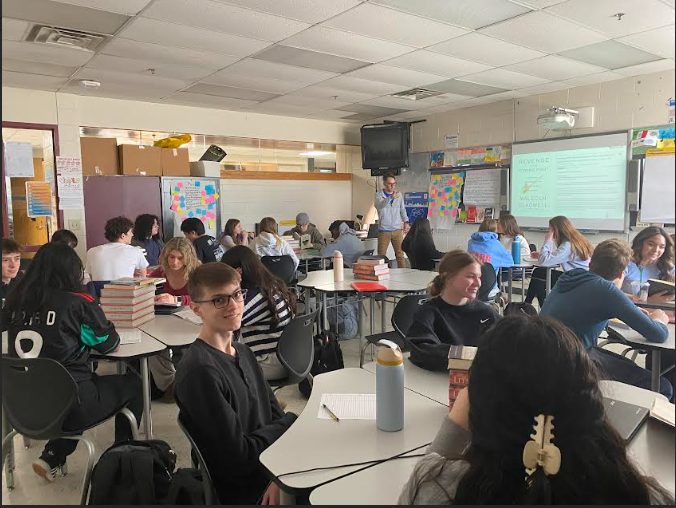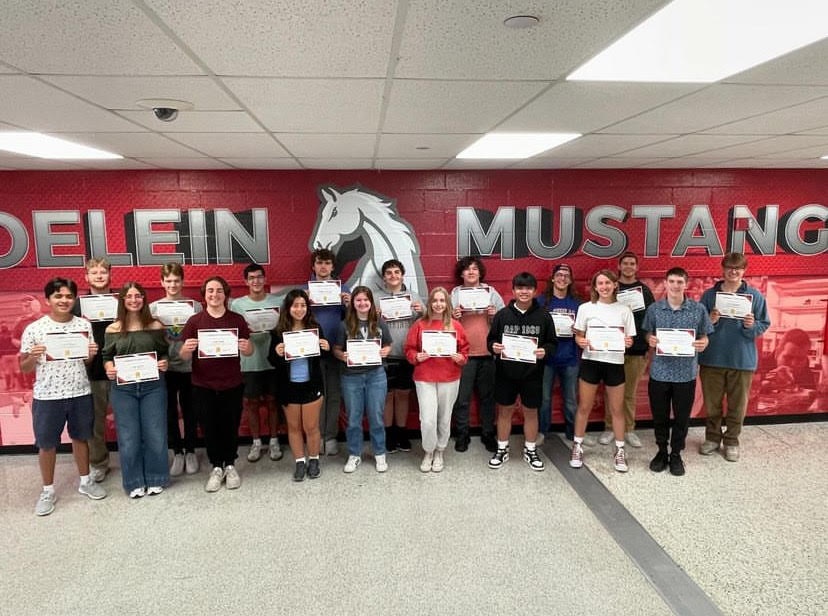It was March 13 of 2019 when most schools around the country shut down.
Most people remember exactly where they were or what they were doing when they learned about COVID-19 and how it was spreading globally. Every person’s story of their time in quarantine due to COVID-19 is a little different. Some people loved being away from society, and others hated it. Nonetheless, without daily interaction, peoples’ social skills suffered.
AP Psychology teacher, Dean Petros, described how COVID-19 was challenging for him, yet it also provided him with new skills. For instance, COVID-19 forced Petros to learn more about technology and how to incorporate it into his classes.
Nonetheless, teaching online during COVID-19 was not easy, Petros said, especially when students didn’t turn their screens on during a Zoom. “You’re talking to a TV monitor, teaching to a monitor with nothing there,” added Petros.
Besides MHS staff, MHS nurses also noticed some differences with students during and after COVID-19.
Nurses Susan Lange, Maggie Pieper, Janette Swanston, Venessa Medved collectively said how COVID-19 brought both negative and positive aspects to student health and behavior.
They shared, “Some of the negative effects of COVID-19 are that stress levels have increased in students. We have seen an increase in mental health issues such as anxiety and depression.
Some of the positive effects are increased awareness with precautions when sick, such as covering their mouth when coughing or sneezing, increased hand washing and staying home when they are sick.”
Another difficulty faced by the MHS nurses was that “when [they] came back to school it was hard and time consuming because of the tracking of illness that needed to be done and then reported to the Lake County Health Department. Other nursing duties were put on the side and needed to be managed at a different time. The symptoms of COVID-19 were also the symptoms of many other illnesses/issues that did not require isolation, although we would have to send students home and have testing done because of even one of the symptoms (for example runny nose due to allergies),” MHS nurses said.
MHS nurses described how students became more conscious of their health and physical symptoms from COVID-19. Meanwhile, Petros explained how students also became less aware of their actions in class and how to act in school.
Petros said when describing student behavior after COVID-19, “[Students] wearing their jammies. They’re acting like they’re at home. They don’t know how to socialize.”
Additionally, Petros faced many challenges with students being on their phones during class, something that he didn’t see as often prior to COVID-19. Petros said how he often felt as though his class was a disturbance to a student’s screen time. He added that since we all used so much technology to connect with one another during COVID-19, students became addicted to using technology.

